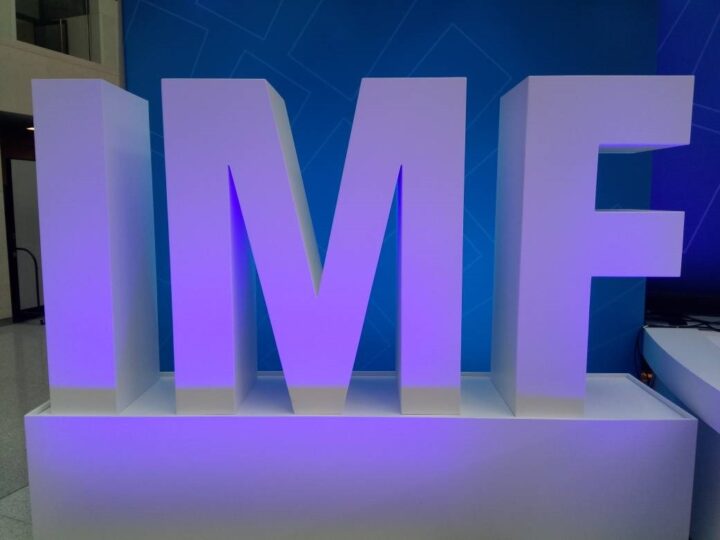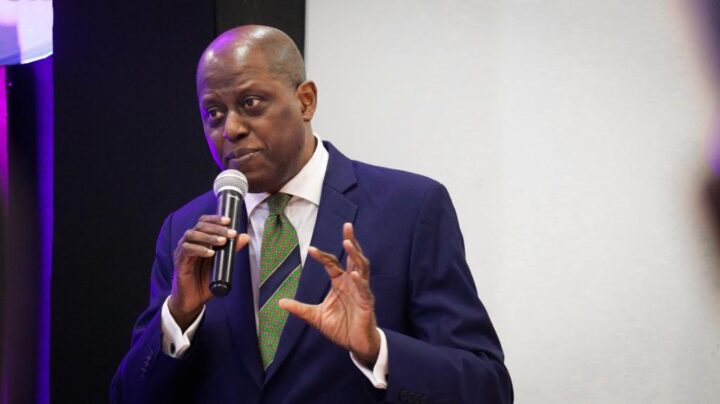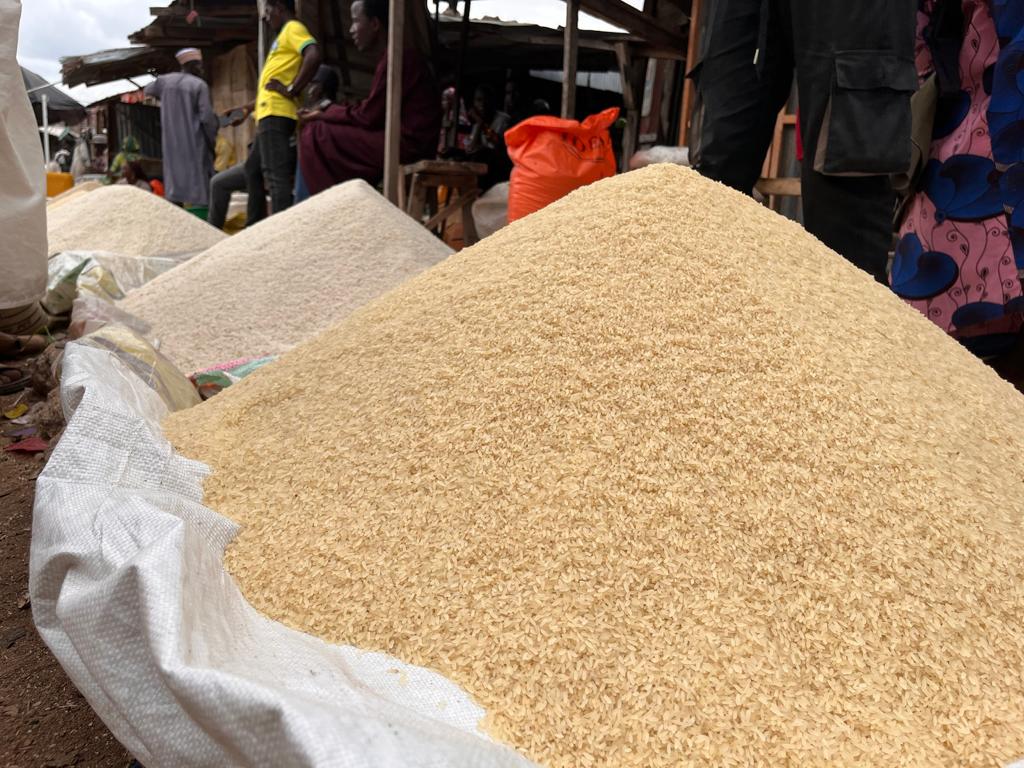The International Monetary Fund (IMF) says there is no blanket debt cancellation solution to reduce the debt burden on African countries.
In September, the IMF said the average debt ratio to gross domestic product (GDP) in Africa has increased from 30 percent at the end of 2013 to 60 percent as of 2022.
According to Abebe Selassie, IMF director for African department, discussion around debt cancellation must be had with care because 50 percent of the debt in the region is from domestic creditors.
Selassie addressed the possibility of debt cancellation on Tuesday, at the ongoing 2023 World Bank Group – IMF annual meetings in Marrakech, Morocco.
Advertisement
“How do you get rid of domestic debt? So, I think we have to be really careful,” Selassie said while fielding questions from the press.
He added: “What worries me is that there is this view of a simple magic wand that you can wave that will get rid of debt or solve these very difficult challenges that our countries face.”
The IMF official said should a discussion on debt cancellation be held, it would be on a country-by-country basis because the creditor base in each African nation is now more complex than it has ever been.
Advertisement
“And you know, debt sustainability has to be accessed on a country-by-country basis, because the economic trajectory, the variables that impact their sustainability differ from country to country,” Selassie said.
“That’s why we put so much in the country-specific dialogue. The positions vary tremendously. And if and when the number suggests there is a debt sustainability challenge, that’s when you want to discuss debt restructuring issues – that’s when you enter those kinds of discussions.”
Selassie said there is a need to go through the numbers to try to address the debt challenges faced by African countries.
Advertisement
Add a comment






